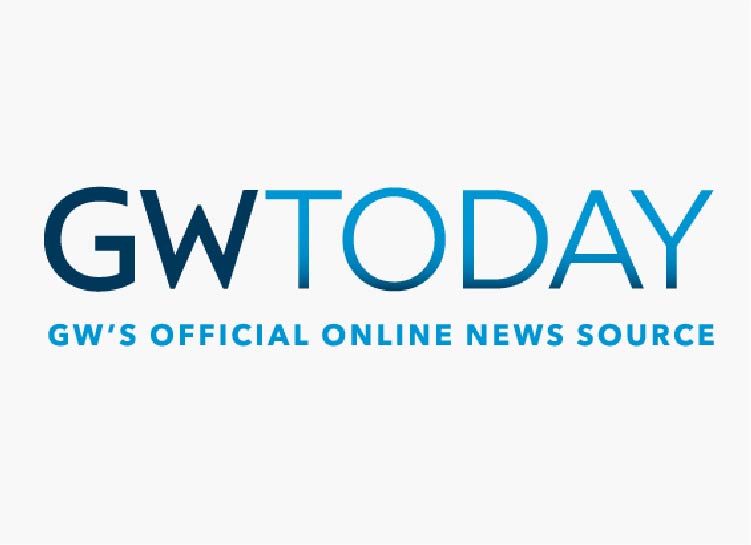Now that the Food and Drug Administration has approved its first COVID-19 vaccine for emergency use, an end to the transformative public health crisis of 2020 seems to be on the horizon. But negative public beliefs about these vaccines’ safety and efficacy, if they cause people to reject vaccination, could threaten the global recovery effort.
Ethan Porter, an assistant professor of media and public affairs at the George Washington University School of Media and Public Affairs, is working to keep misinformation from determining those beliefs. Funded by three $150,000 gifts from Google, he and two co-researchers at Columbia University and Ohio State University will study the ways vaccine disinformation spreads, the forms it takes and how to check it most effectively. His work on COVID-19 vaccination will build on some of his earlier research, in which he investigated the ability of fact checks to rebut false beliefs.
Inaccuracies around COVID-19 vaccination are “of a different character altogether” than other types of misinformation he’s studied, Dr. Porter said. “It doesn’t just inform your political beliefs. It’s not just about what campaign you’re supporting. At stake instead is the health of the human race—not to be overdramatic, but really.”


